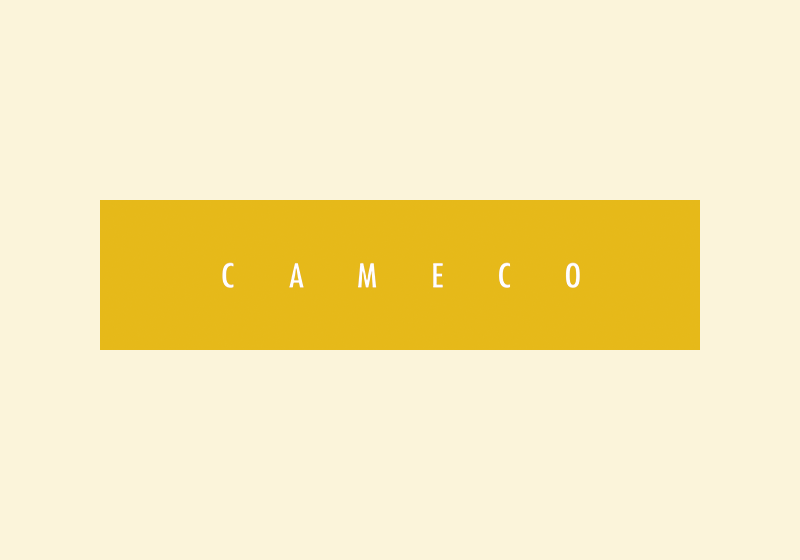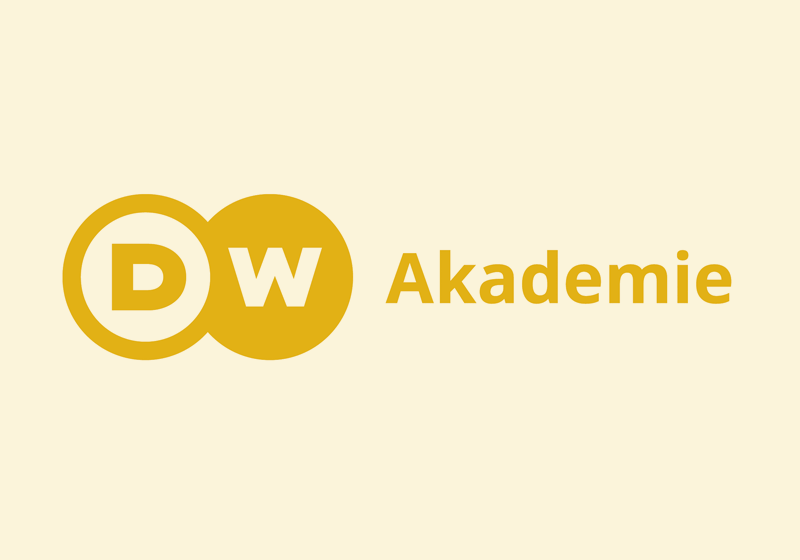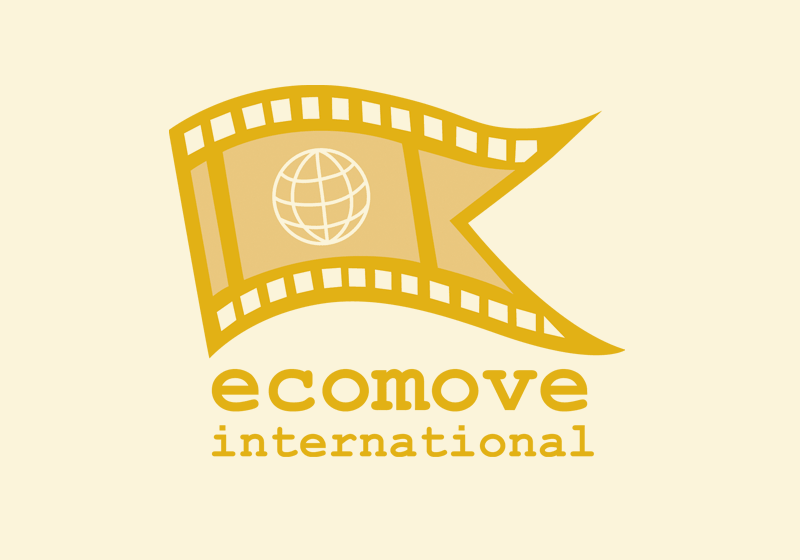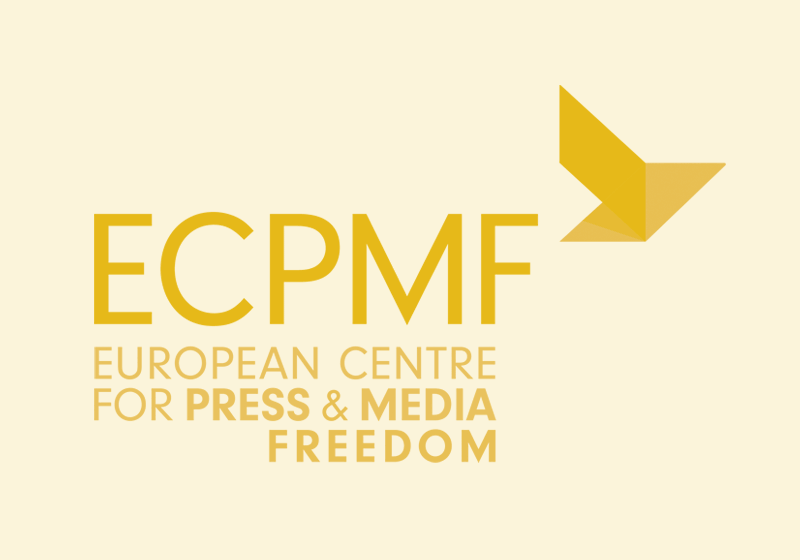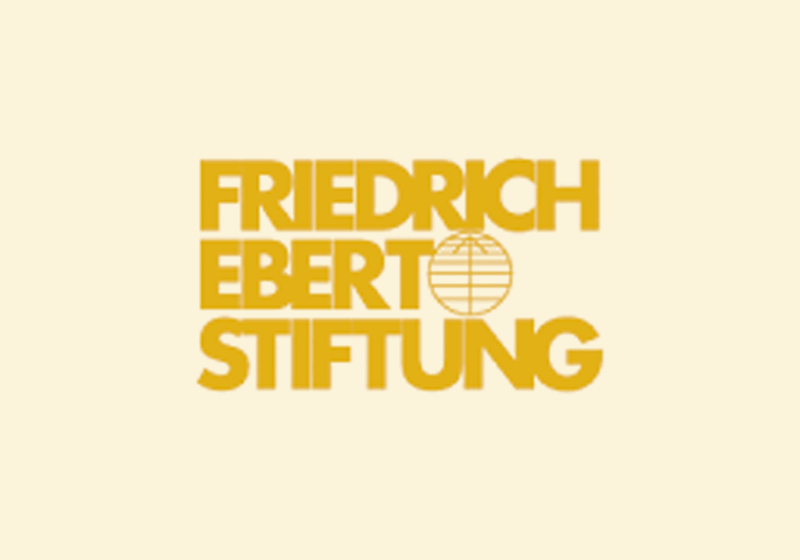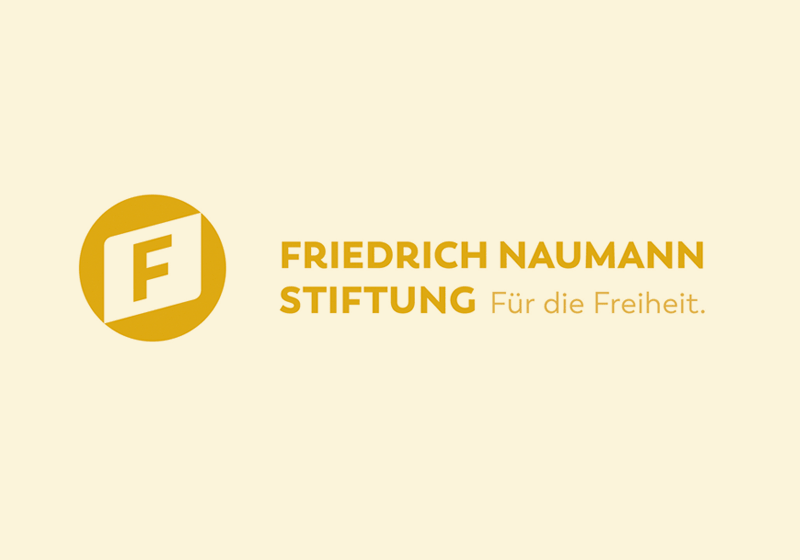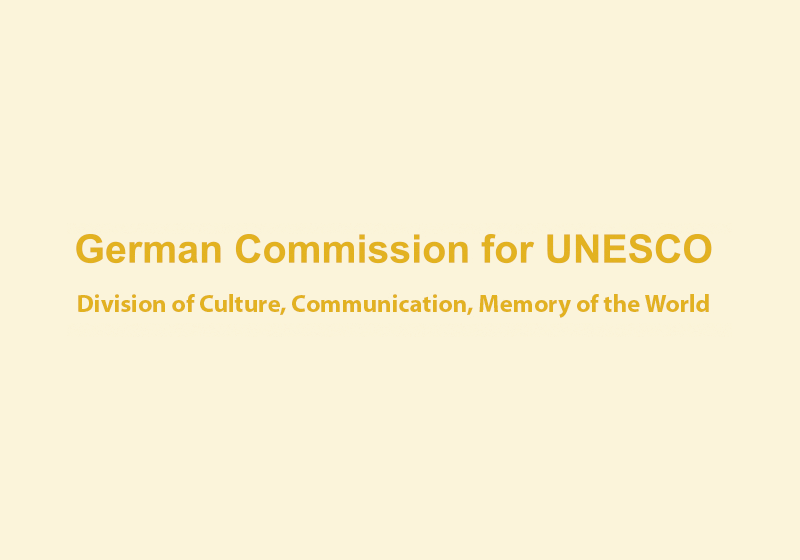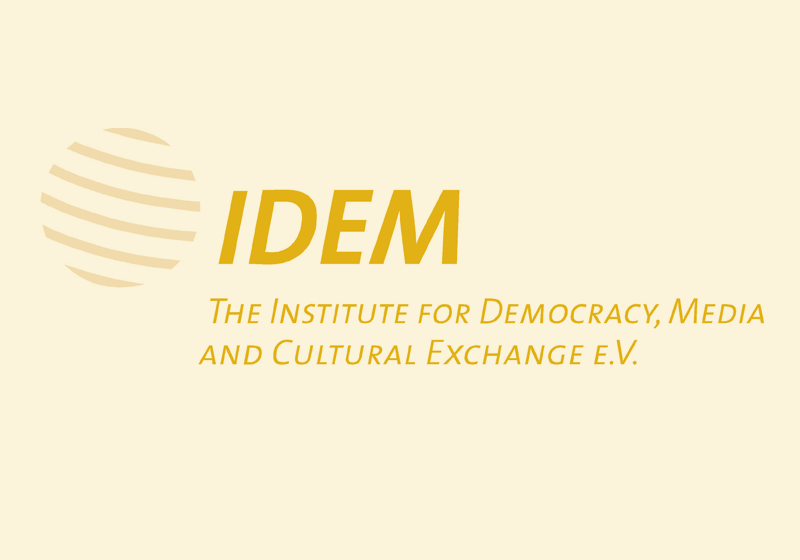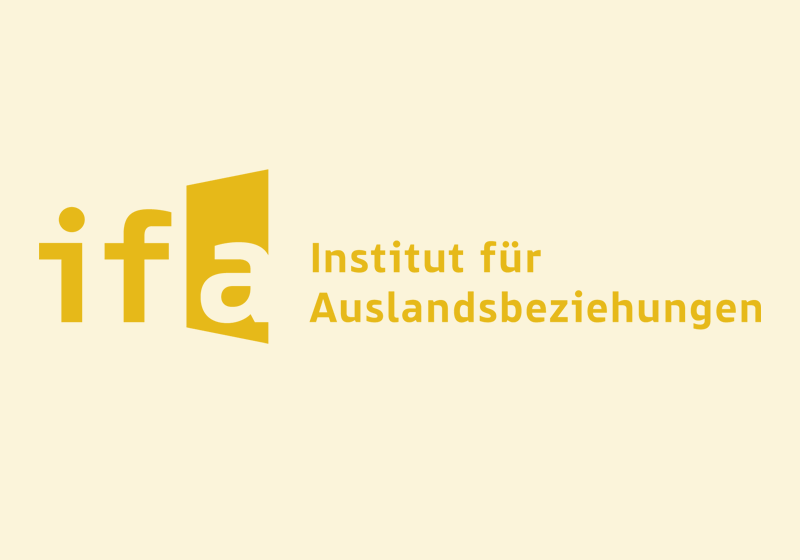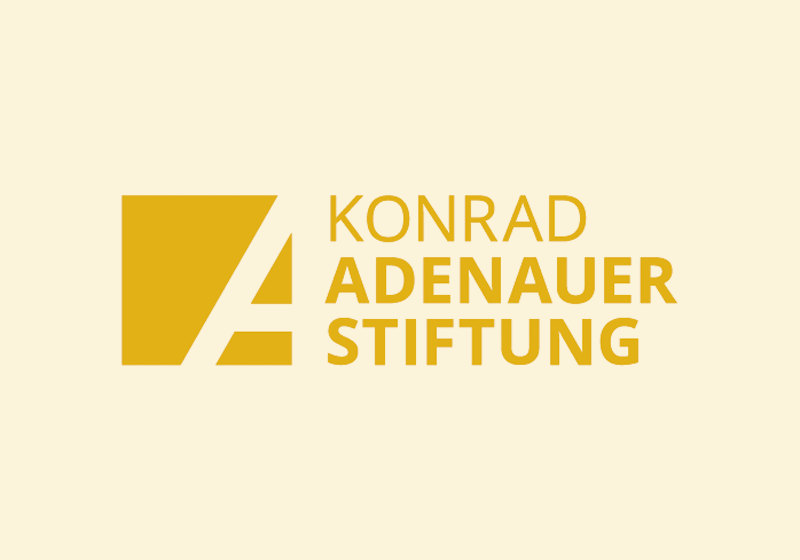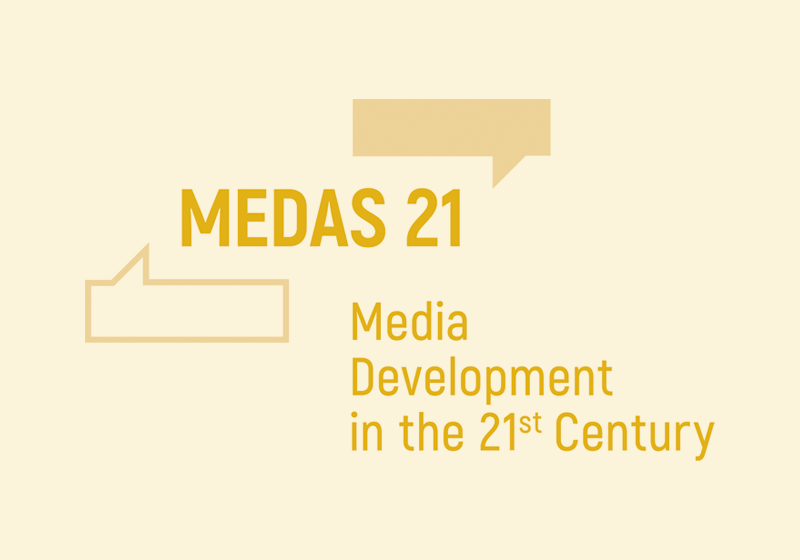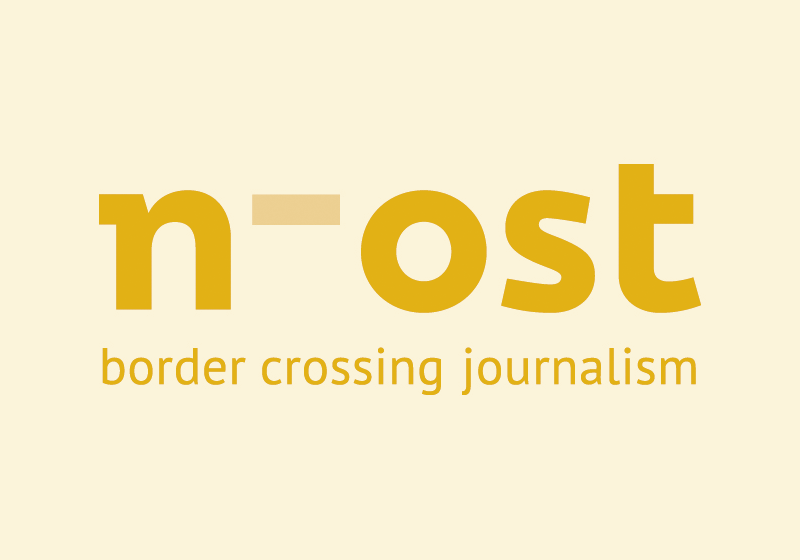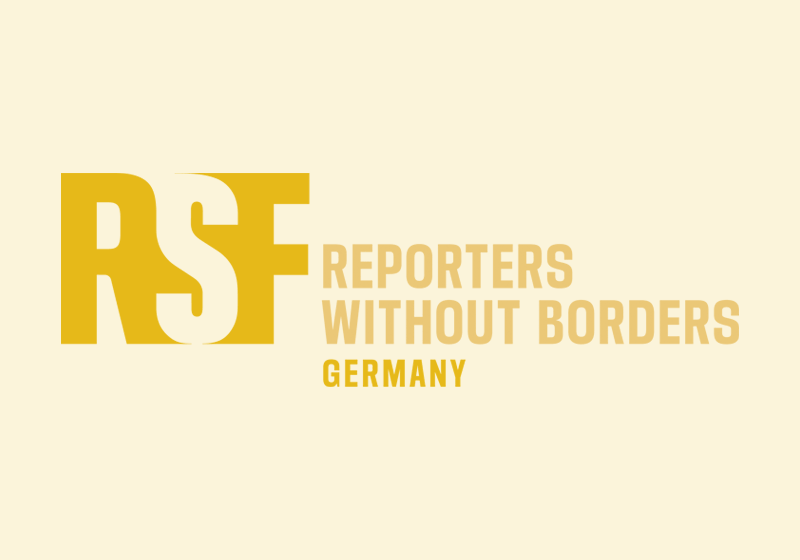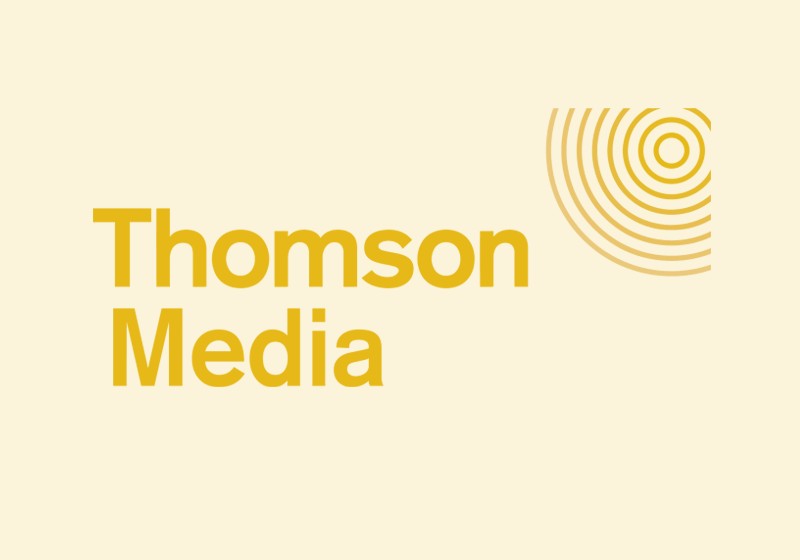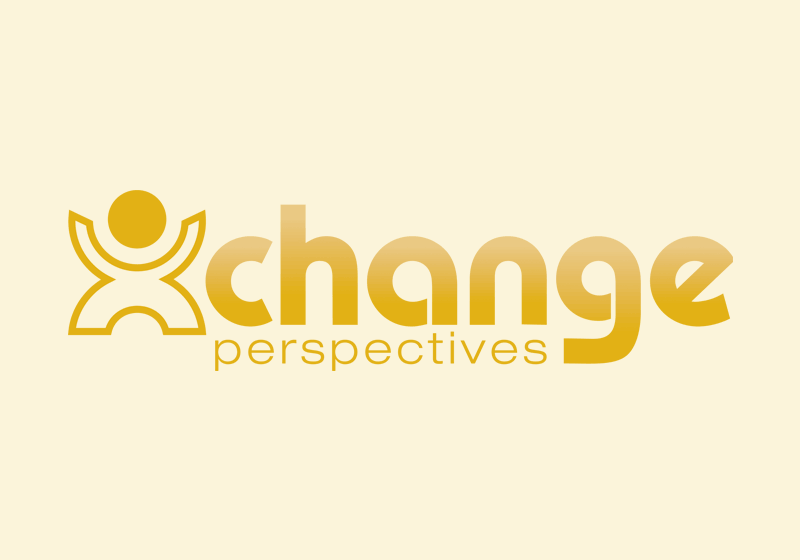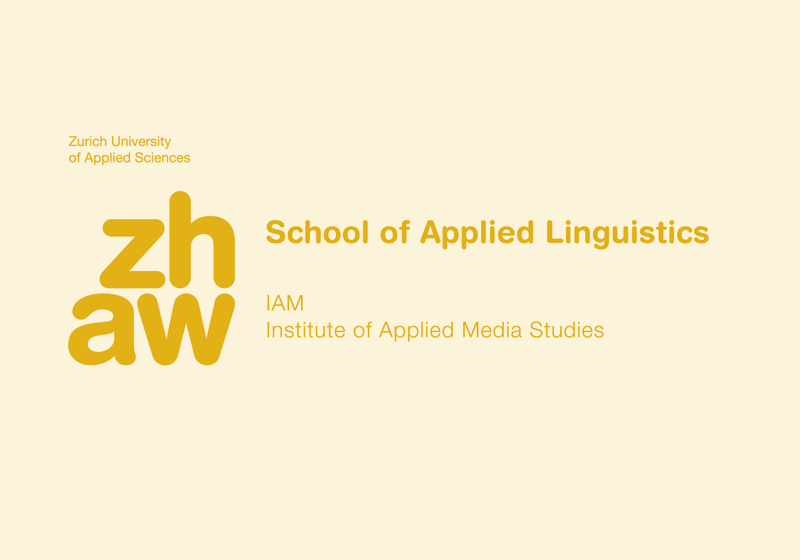Highlights in videos
In her keynote speech, Payal Arora, author, consultant, founder, and professor at Erasmus University presented how in her opinion many assumptions in the West about internet use in developing countries are wrong and how media development should approach these issues.
There is one area in media development where the necessity of innovation can hardly be challenged: the search for new and sustainable financing models. The long declining number of newspaper subscriptions and sales, together with advertisement competition from new media platforms and the ongoing fragmentation of the information market call for new approaches and diversification in funding quality journalism. Between crowdfunding, paywalls and philanthropic supporters, media outlets across the globe are innovating in this area to combat the rapid decrease in revenue from traditional funding models in the past two decades. In this panel, we explored the key questions of which approaches show the most potential, where traditional strategies can be adjusted to fit into the media ecosystem of the future and what promises or risks the increasingly dominant concept of philanthropic media funding holds.
Speakers: Tania L. Montalvo, Animal Político, Nigel Mugamu, 263Chat, Sulemana Braimah, Media Foundation for West Africa
Moderator: Maximilian Nowroth
Artificial intelligence, blockchain, innovation, and digitalization: the media industry has been abuzz with these four terms for several years now. In a series of lightning talks, four distinguished experts, each in a talk of maximum ten minutes, explained these terms and why they have become so fashionable, whether the enthusiasm is justified in the long term and how the media development sector should deal with them now and in the future.
Artificial Intelligence – Elena Abrusci, Human Rights, Big Data and Technology Project, University of Essex
Blockchain – Uta Meier-Hahn, Blockchain Lab, Deutsche Gesellschaft für Internationale Zusammenarbeit – GIZ
Innovation – Josh LaPorte, European Journalism Center
Digitalization – Rishad Patel, Splice Media
Innovation in technology with the rise of social media platforms has fundamentally altered the context in which media development institutions operate. Innovative start-ups increasingly fulfill the role of journalism but often struggle to build viable business models to support their operations. Traditional media companies seek new ways to survive in this fast-changing new ecosystem while maintaining their commitment to quality journalism. Civil society organizations develop ways to counter the negative effects of social media platforms and look for partners to sustain their activities. The closing panel discussion of #FoME2019 reflected on two days of discussions at the Symposium and explored the way forward for media development: How can voices of various stakeholders and the real needs of users in the Global South be better integrated into strategy building?
Speakers: Nesrine Jelalia, Al Bawsala, Tiny Mungwe, STEPS, Pedro Vaca, FLIP, Rishad Patel, Splice Media
Moderator: Prue Clarke, Judith Neilson Institute for Journalism & Ideas
Interviews with speakers
Catherine Gicheru ICFJ Knight Fellow of Code for Africa takes a look at Artificial Intelligence: Does the current approach to AI take everyone into account? And what can media developers do to make it more inclusive?
Artificial Intelligence is a powerful and useful tool for our work and our life, and we need to understand better how to use it, how to make the best out of it without creating harm in society – says Elena Abrusci of the University of Essex.
Digitalization might be the one of the most important social transformations in our times – says Michael J. Oghia (GFMD). We spoke with him about the buzzword digitization: What does it mean? Why does it matter? And how should media developers deal with it?
Let us broaden users in the developing world as complex users, who have needs and desires and not just “problem”-cases – emphasizes Payal Arora of Erasmus University Rotterdam as a major challenge for media development.


